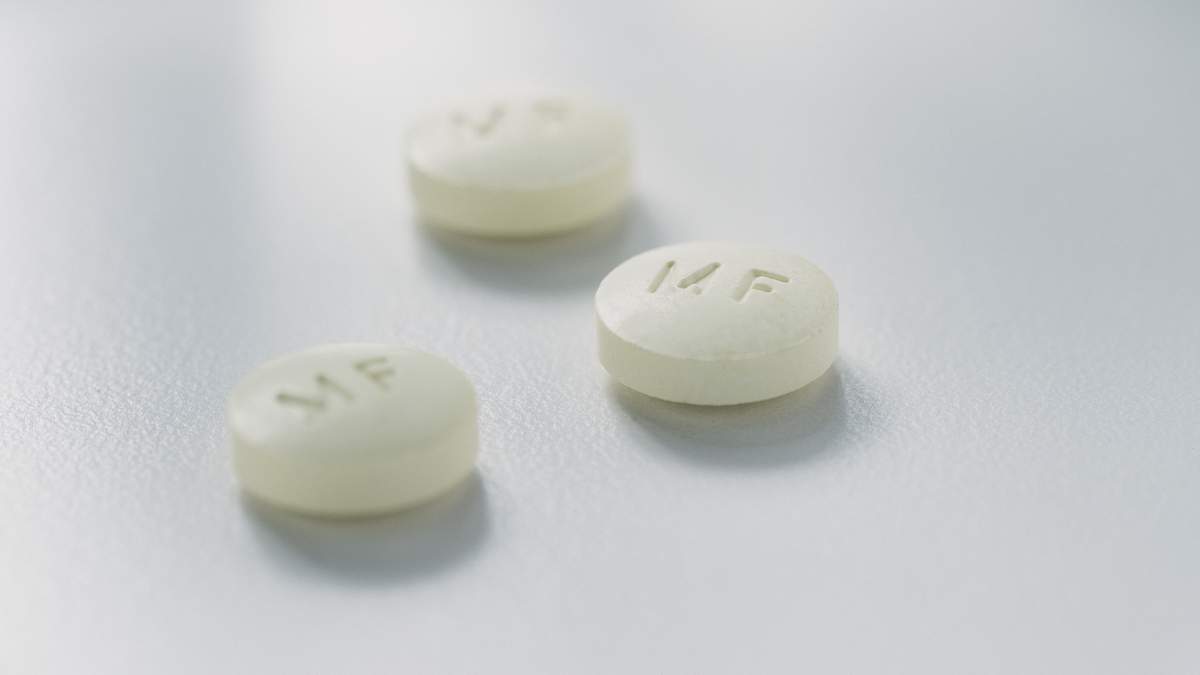

A new Texas Policy Evaluation Project (TxPEP) study shows that use of medication abortion, also known as “the abortion pill,” bounced back in Texas after a March 2016 label change by the US Food and Drug Administration (FDA). The label change impacted the use of mifepristone, one of the two medications used for medication abortion, and essentially nullified the restrictions put in place in 2013 by Texas House Bill 2 (HB 2), legislation that contributed to a large decline in medication abortion use.
This study, published in Contraception and available open access, reports that medication abortion constituted 28% of all abortions before HB 2, 10% after implementation of the HB 2 restrictions, and 33% after the FDA label change. TxPEP collected data directly from licensed non-hospital abortion facilities at three time points and supplemented the data with publicly available abortion statistics from the Texas Department of State Health Services.
“The new FDA label has allowed Texas providers to offer medication abortion in a way that is consistent with the best medical evidence, rather than being forced to comply with an outdated label imposed by HB 2,” said lead author of the study Sarah Baum, investigator at TxPEP and associate at Ibis Reproductive Health. “This has increased options for Texas women and brought the proportion of medication abortions in the state in alignment with national data.”
The label change brought medication abortion prescribing guidelines in line with evidence-based practice, reducing the number of required in-person visits from four to two and extending the period when patients can take the pill from seven weeks of pregnancy to 10 weeks.
“With the label change, many Texas women have regained access to medication abortion, a method some women prefer,” said Dr. Kari White, investigator at TxPEP. “However, the smaller network of open facilities in Texas following HB 2 means that some women still need to travel considerable distances just to take a pill that is established to be safe and effective.”
About 900,000 reproductive-age women in Texas currently live more than 150 miles from an abortion clinic, in part due to clinic closures brought about by HB 2. There are currently 20 clinics in Texas, down from more than 40 before HB 2 was passed. Additional barriers remain to accessing medication abortion in Texas, including a ban on telemedicine for the provision of medication abortion, a mandatory ultrasound during an in-person visit at least 24 hours before taking the first pill, and prohibition of insurance coverage for abortion.

